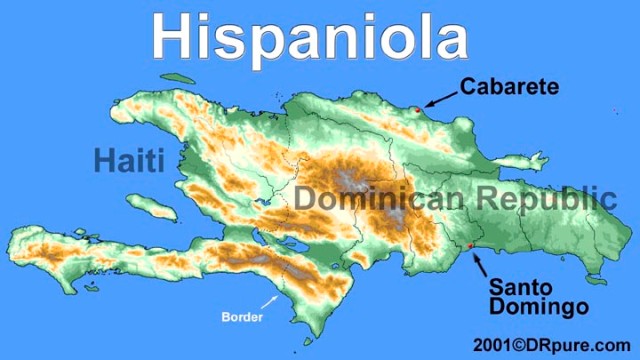
GREAT BAY, Sint Maarten (GIS) – The Collective Preventive Services (CPS) which is part of the Ministry of Public Health, says its travel advisory to Hispanola (Haiti, Dominican Republic) remains in force due to the cholera outbreak which has claimed 3,889 persons as of January 16. The cumulative number of cholera cases in Haiti stands at 194,095 also as of the aforementioned date according to the Pan American Health Organization (PAHO) and the Haiti Ministry of Health.
The number of cases in Haiti is projected to climb to 400,000 in the first 12 months, with half of them in the first three months.
Persons who plan to travel to Hispanola are advised to take preventive measures. Ensure taking vital precautions such as ensuring hygienic food preparation, boiling or purifying all water, and washing hands often with soap and clean water.
The CPS continues to monitor the cholera situation with the assistance of the family physicians and its weekly syndromic surveillance system.
Family physicians are on alert to report any symptoms of cholera. Cholera is on the list of diseases under surveillance according to the International Health Regulations. It is one of the diseases that are required for immediate reporting by physicians even if it is suspected.
Cholera is a bacterial infection spread through contaminated water. It causes severe diarrhea and vomiting that can lead to dehydration and death within hours.
About 75 per cent of people infected with cholera do not develop any symptoms, although the bacteria are present in their feces for seven to 14 days after infection and are shed back into the environment, potentially infecting other people.
Cholera is transmitted through fecal contamination of water and food. In places where there is infrastructure damage, the lack of safe drinking water and poor sanitation and hygiene can increase the risk of cholera, as well as numerous other diarrhea diseases.
Cholera is easily treatable, and if patients are given oral re-hydration salts promptly to replace lost fluids, and they can nearly always be cured.
In a small percentage of people, cholera can cause very severe dehydration potentially leading to death. To minimize the number of people infected, frequent hand washing, personal hygiene, safe water use and food preparation are a necessity.
By taking a few basic precautions, cholera as well as most other food and water-borne diseases can easily be prevented. The main rule is, always be aware of the quality of what you eat and drink when you are traveling to Hispanola.
